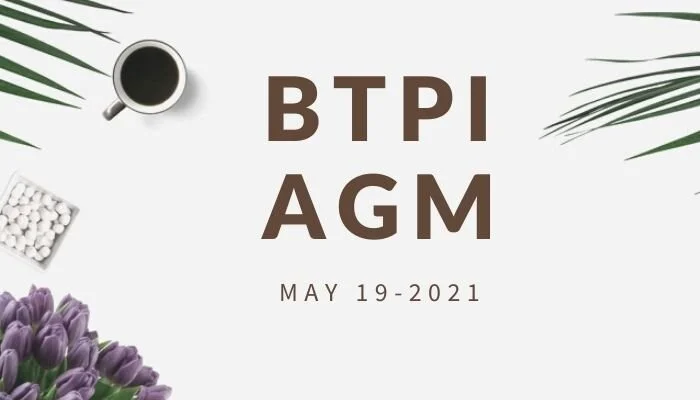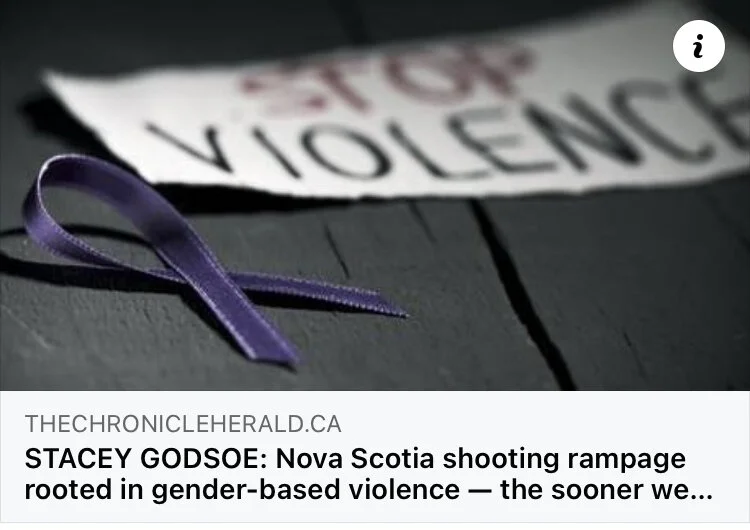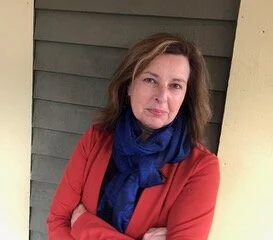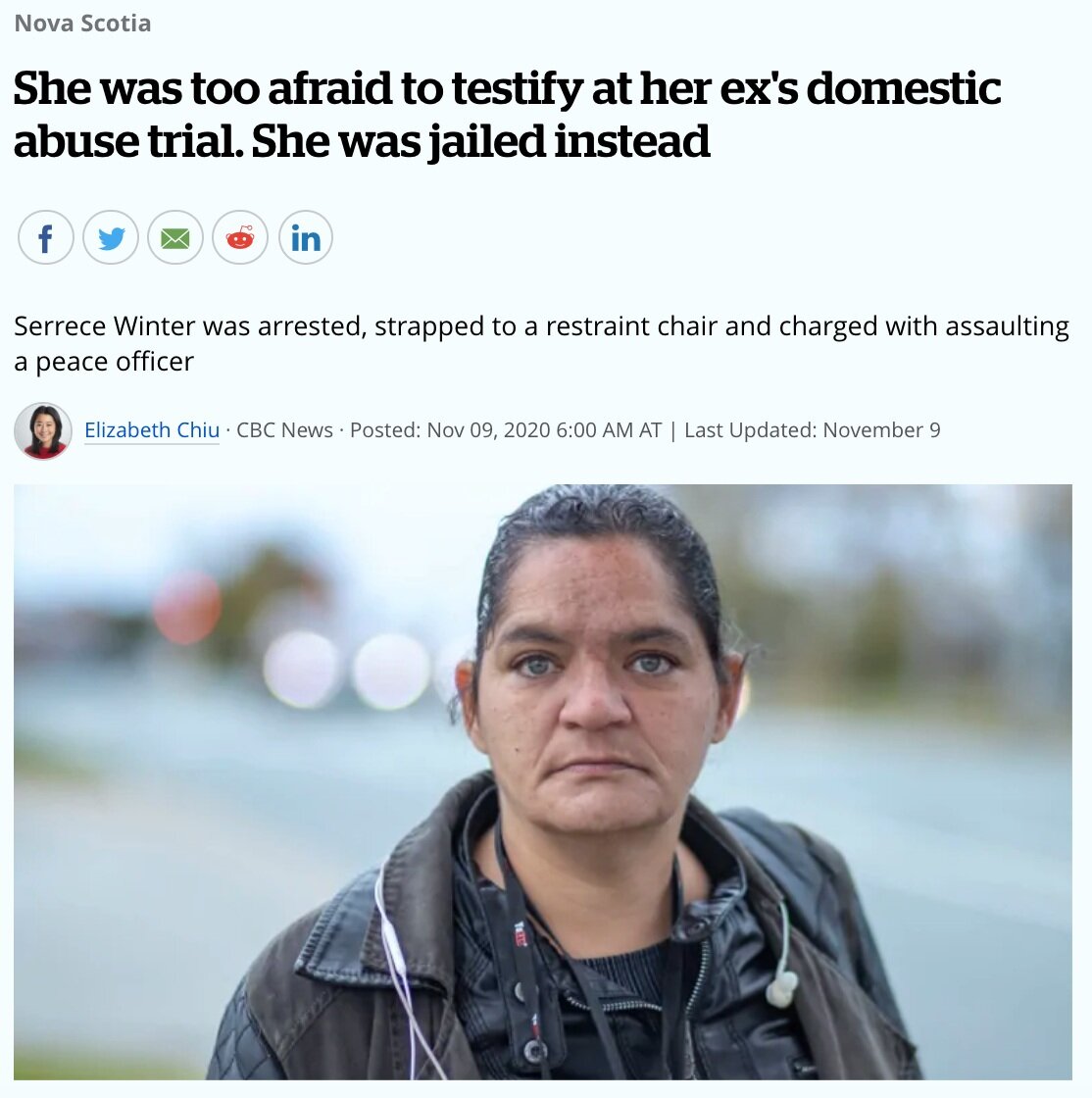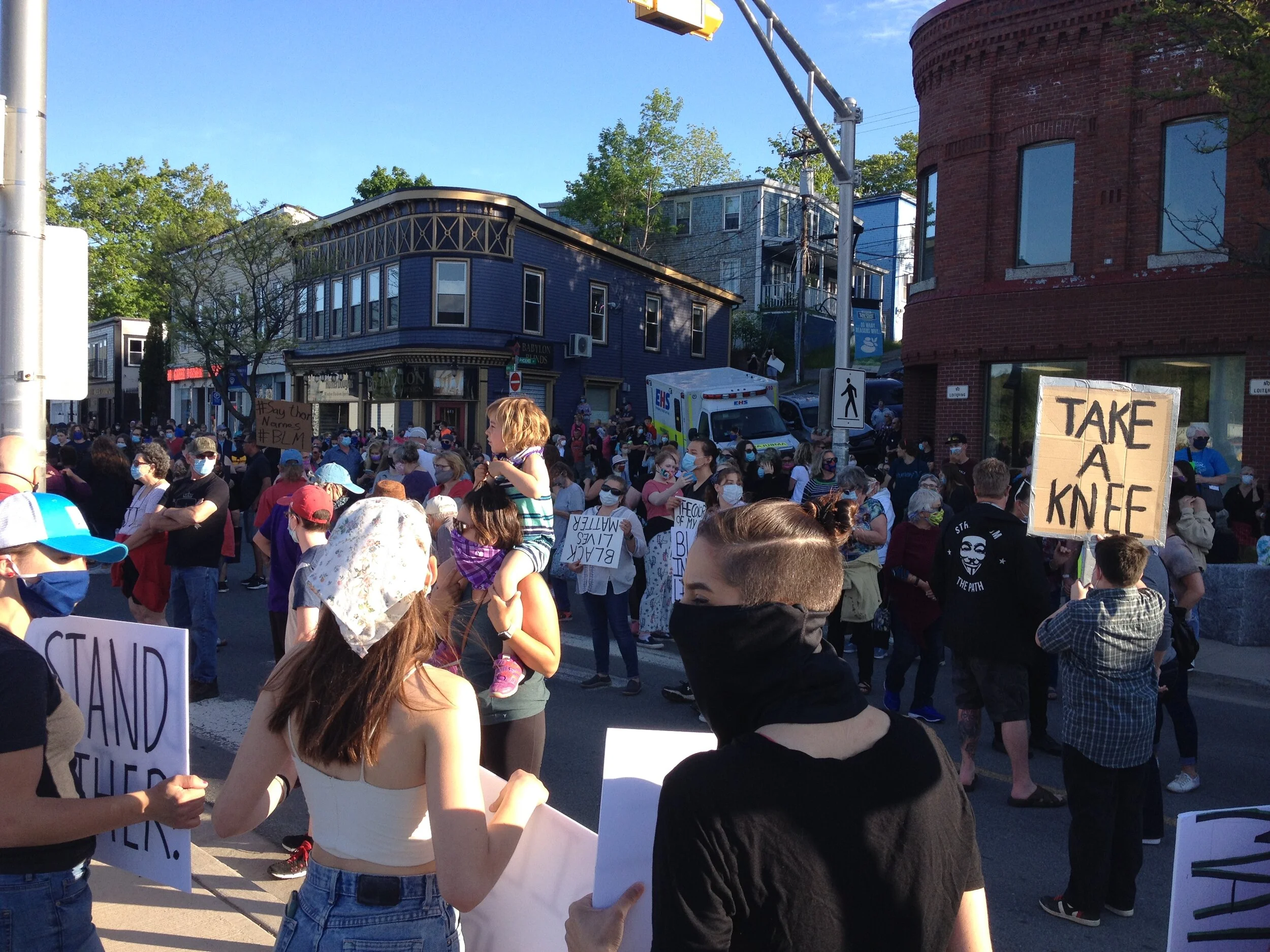This year, the Nova Scotia Legislation officially designated August 1st as Emancipation Day to recognize the history and impacts of our history of enslaved people of African descent in this province. This recognition did not happen overnight but resulted from tireless advocacy by many social justice and anti-racist warriors pushing for greater awareness. Warriors like the Honourable Dr. Wanda Thomas Bernard, esteemed federal Nova Scotian senator whose work resulted in federal recognition of this important day this past March.
On August 1,1834, the British Parliament abolished slavery resulting in approximately 800,000 enslaved people of African Descent in the British Colonies, including Canada, being freed.
While the date marks a significant moment in acknowledging our shared history, we know that subtle forms of enslavement continue today in the form of both systemic and individual acts of anti-Black racism. These need to be addressed in a dedicated and ongoing way in order for all Nova Scotians to live with dignity, freedom and real equality.
At Be the Peace Institute, we are committed to becoming authentic allies to Nova Scotians of African descent by:
unearthing our own unconscious biases,
diversifying our organization,
committing to ongoing learning on becoming anti-racist,
acknowledging the uncomfortable truths and painful history of enslaved people in NS and their descendants in experiences like the demolition and forcible relocation from their ancestral homes in Africville, institutional abuses at the NS Home for Coloured Children,
raising awareness of ongoing injustices like the over-representation of Black Nova Scotians in correctional facilities, higher rates of workplace and housing discrimination, pay inequity and the rates of Black children taken into care,
advocating for greater investment in culturally responsive services and supports,
shining a light on the effects of environmental racism, (placement of landfills and toxic dumping sites near African Nova Scotian communities, and on the unequal impacts of the pandemic through racial inequities in the healthcare system,
and using the privilege we have to speak up in solidarity with our African Nova Scotian sisters and colleagues, or when they are absent at key decision-making tables, or their voices and perspectives are not sought or validated.
We acknowledge the deep and powerful legacy of intergenerational strength, resilience and persistence among Black Nova Scotians that have contributed to signs of hopeful progress:
The newly formed African Nova Scotian Justice Institute will work to address – overrepresentation of Black Nova Scotians in our justice correctional facilities, more consistent application of impact and race and culture assessments in courts, data collection, African Nova Scotian court support, reintegration program for African Nova Scotians, Alternative justice, human rights and policing accountability.
Halifax Regional Police, Board of Police Commissioners has a newly formed Sub-Committee to Define Defunding the Police with representatives from community, Chaired by El Jones
The Restorative Inquiry on the NS Home for Coloured Children report which includes action plans, commitments and recommendations that emerged through the inquiry
Creating Communities of Care a project to support urban, Indigenous and African Nova Scotian women who have experienced violence
“African Nova Scotian Perspectives” a new module of the NS Sexual Violence Strategy’s online training program to bring a culturally responsive lens to supports and services sexual assault survivours of African descent
Culturally-Responsive Healthcare and Social Services in African Nova Scotian Communities - a research partnership among Dalhousie researcher Dr. Nancy Ross, ABSW co-founder, Dr. Wanda Thomas Bernard, Sue Bookchin of Be the Peace Institute, and Dennis Adams of Leave Out Violence NS, to explore whether health and social services to African Nova Scotians experiencing gender-based violence are culturally responsive and the impact of the pandemic on those services.
And learning opportunities like:
the NS Community Sector Council has partnered with multiple organizations to create and offer an educational webinar series, The Black History Learning Journey, exploring some of the key aspects of anti-Black racism, the history of African Nova Scotians over four centuries, and the impact on the Black experience in Nova Scotia today. Link to access the three-part recorded series.
By celebrating Emancipation Day we are celebrating human rights and dignity and we are making space for reparations and importantly – for action.








